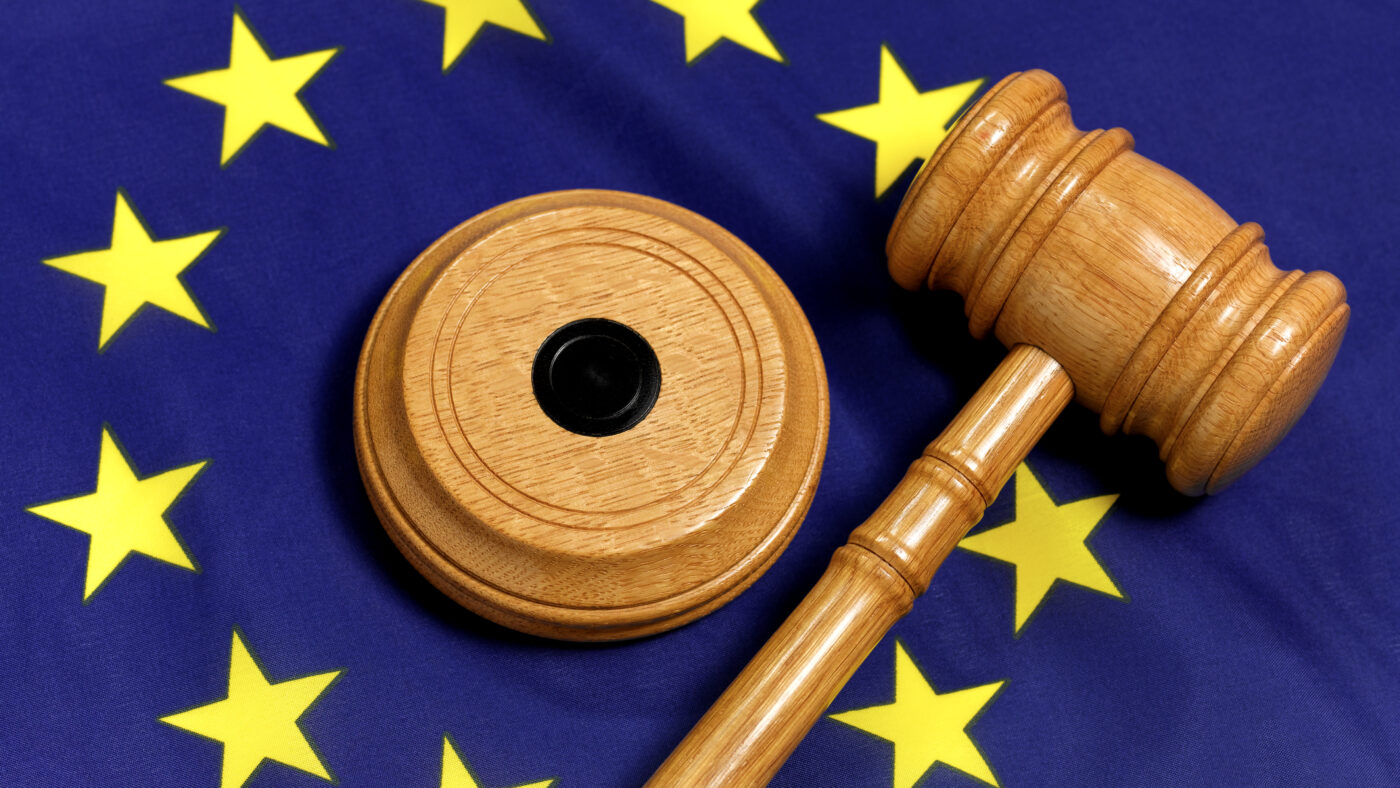The idea that a government’s duties are owed predominantly to its citizens at home rather than to foreigners abroad has a long history. Unfortunately, it seems it is now under threat. The latest and rather worrying threat comes, perhaps predictably, from the inexorable advance of human rights, as exhibited in a decision from Strasbourg earlier this week.
GCHQ in Cheltenham, as anyone knows, hoovers up information as fast it can from the ether and endeavours to interpret and handle it for the benefit of the British state. In doing this, it has on occasion fallen foul of human rights law with regards to people and organisations, in particular, the right to privacy under Article 8 of the European Convention on Human Rights. On Tuesday, however, matters went a good deal further. An American from Florida and a privacy campaigner from Germany, neither apparently having any connection with the UK, asked the European Court of Human Rights to say that the UK was infringing their human right to privacy if it intercepted any information of theirs.
The Court of seven judges unanimously obliged. By brushing away the clear words of the Convention, which requires countries to secure the listed rights to anyone ‘within their jurisdiction’ (Article 1, since you asked), it disregarded the facts that neither victim was ever anywhere near the UK, that neither had any property here, and that no British agents had gone anywhere near them. Wherever the victim was, it was enough, said the court, that the interception or processing of information private to him had taken place here.
Decisions of the human rights court understandably tend to leave most people in this country unmoved, but this one ought to worry us on any number of levels. For one thing, it is yet another blatant example of mission creep from Strasbourg. Not only does it contradict what anyone other than a human rights lawyer would regard as the obvious meaning of the words of the Convention. It also goes stratospherically beyond what anyone was thinking of in 1951 when we ratified the Convention. No one would have dreamt that in agreeing to provide for a domestic right of privacy we were apparently forswearing the right to act as nations had for generations and engage in intrusive intelligence-gathering about people far from our shores – and if they had, it is a fair inference that some very awkward questions would have been asked.
And that leads on to the next point: the result of the decision is thoroughly bad. Public sources aside, a great deal of the intel on which the safety of this country depends involves eavesdropping on what goes on in the world, getting as much information out of it as possible, and fitting what one gets into the jigsaw that is the international political system. This cannot be done if our intelligence services have constantly to ask themselves whether in obtaining and collating the information they are, they might be acting in an ungentlemanly way towards the private life of someone somewhere else in the world. In short, if taken literally (which one hopes and suspects it will not be), this decision makes MI6 and others fight the info wars with one hand tied behind their backs. Russia and China must be laughing in their sleeves.
For that matter, it is not only MI6 which is affected. Article 8 as interpreted by the European Court of Human Rights also requires substantial fetters on the freedom of the press. Essentially we have reached the position where a state must prevent the media publishing any true personal information about someone if they have a ‘reasonable expectation of privacy’. This is why, for example, we are no longer allowed to be told what we once regularly were about footballers’ interesting love-lives, celebrities’ visits to Narcotics Anonymous and police investigations into shady businessmen. If we take this Strasbourg decision seriously, this will now apply to people anywhere in the world, thus making London not only the global libel capital but a global privacy hub as well.
Pretty certainly as regards MI6, we will discreetly continue to disobey the Convention: we can hardly hamstring our intelligence services because of the views of seven worthies in Strasbourg. (We cannot be so sure as regards the implicit press, which is more worrying.) But this is hardly satisfactory, and the implications of this latest intervention may go further.
For the last few years, and in particular since the Rwanda debacle last year when an unnamed judge in the middle of the Strasbourg night essentially second-guessed our own judiciary’s refusal to grant an injunction and gave peremptory orders to the government of this country, there has been a slow but potentially tectonic move in the boundary of the sayable. Calls completely to withdraw from the ECHR (possible on six months’ notice), as a fetter both on democracy and on the proper running of the state, were once seen as the preserve of cranks. They now increasingly appear in the mainstream press and from mainstream politicians (most recently on Tuesday, when an exasperated Ben Wallace referred to the ECHR as a protection for terrorists). Indeed, it is an open secret that even erstwhile Supreme Court Justice Lord Sumption inclines towards this view.
The European Court of Human Rights seems to want to morph the Convention into a kind of ultra-progressive European constitutional document. This was not what we signed up to in 1951. Unless there is a quick reversal in the liberal and expansionist approach exemplified by this week’s decision, it will have only itself to blame if the increasing calls for the UK to leave the whole caboodle become an unstoppable wave.
Click here to subscribe to our daily briefing – the best pieces from CapX and across the web.
CapX depends on the generosity of its readers. If you value what we do, please consider making a donation.


